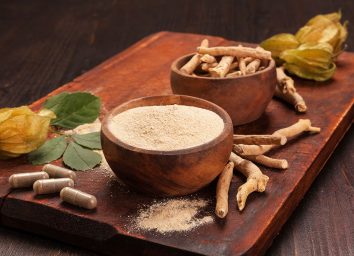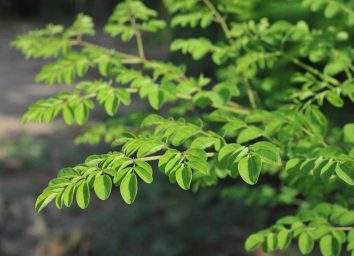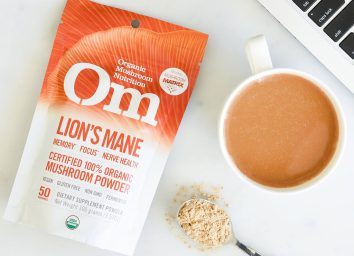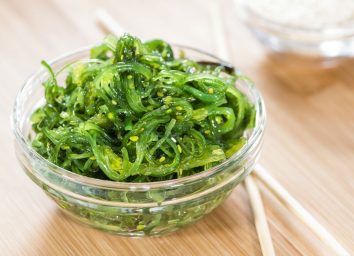Rhodiola: The Health Benefits of This Popular Herbal Adaptogen
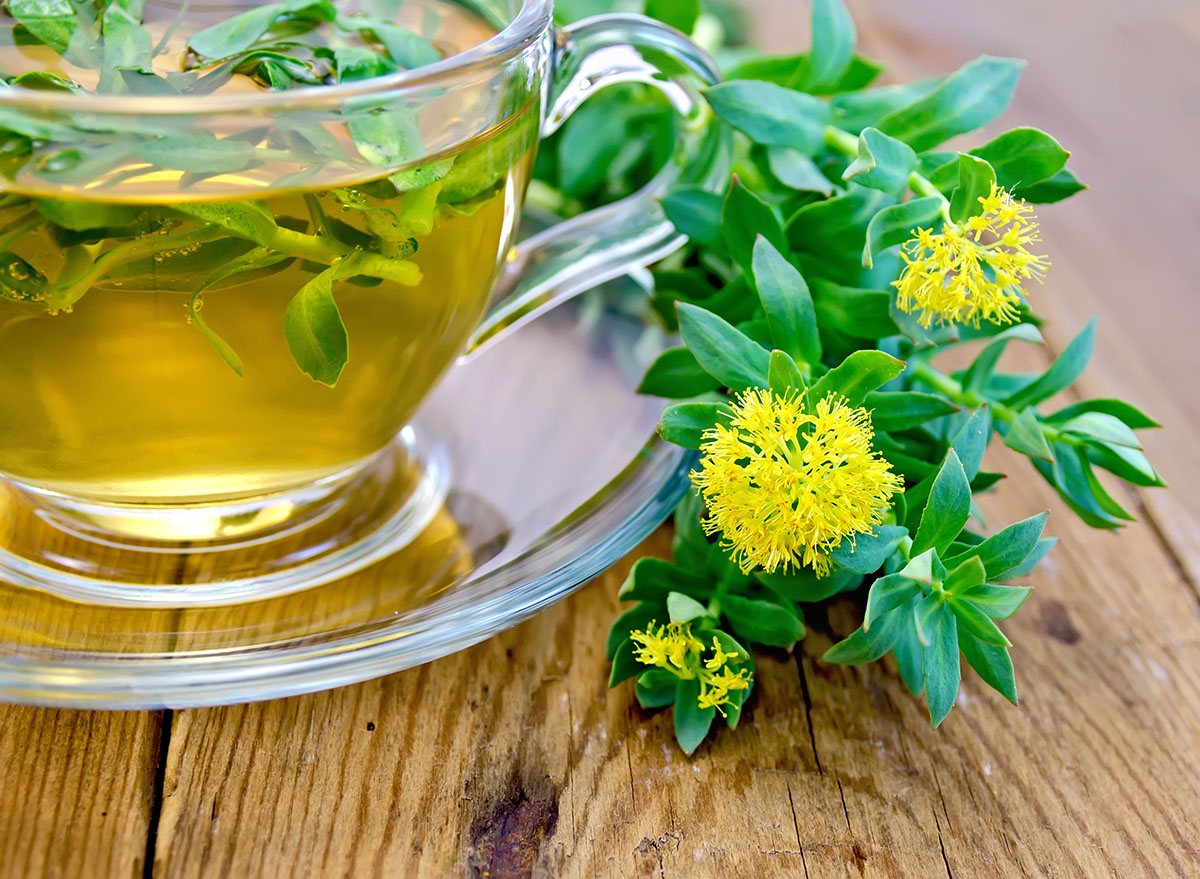
Are the cold months creeping up on you? Is that seasonal depression you kicked to the curb last winter slowly returning? Maybe you haven't been making it to the gym as much now that beach season's long gone and you're looking for an energy boost to get you on the elliptical again. As winter nears and our energy levels and moods find themselves in the precarious dance between holiday celebrations and New Year's resolutions, there may be one adaptogenic herb worth mixing into your routine: rhodiola rosea.
What is rhodiola rosea?
Rhodiola rosea is a flowering perennial plant in the Crassulaceae (or stonecrop) family and has been used for centuries all over the world. Other names and classifications include R. Rosea, "arctic root," "golden root," its traditional Chinese medicine name "hóng jǐng tiān," and its clinical application SHR-5.
Native to colder regions, rhodiola grows naturally in the wild in places of high altitude like seaside cliffs and mountains; it can be found in the Arctic, eastern North America, and in the mountains of Central Asia and Europe.
Two thousand years ago, it was first described as a remedy in classical medicine by the Greek physician Pedanius Dioscorides in De Materia Medica. In the 18th century, Swedish naturalist Carl Linnaeus documented the astringent herb's uses ranging from treating hernias to headaches. Up until the early 2000s, most of the research on rhodiola remained in Russia and had not been translated into English.
Fortunately, over the last 15 years, pioneers in herbalism, medical practitioners, and researchers have made it a priority to share this information with the rest of the world. Due to rhodiola's mood- and energy-boosting benefits, it's been used widely in Russia and Scandinavia to treat fatigue, depression, and anxiety.
Rhodiola is a natural ally in fighting stress
Rhodiola rosea has been celebrated for its many health benefits, especially for its effect on the body's ability to adapt to stress. In his best-selling book Medical Medium, Anthony William supports using rhodiola to optimize adrenal function and beat fatigue. He recommends usage for those with depression as well, stating, "rhodiola strengthens the endocrine system, including the thyroid and adrenal glands. [It] also stabilizes the vascular system."
It has been proven to lower stress in various groups of people. One 2012 study, in which participants were given 400 milligrams of rhodiola a day for four weeks, showed clinical improvements in symptoms of stress such as fatigue, exhaustion, and anxiety. Multiple participants showed therapeutic benefits from the herb in the very first three days of the trial.
A more recent study revealed that people suffering from burnout benefitted from daily use of rhodiola, especially in relation to their stress levels and depression symptoms.
It's clear that emotions and energy levels are linked, so it's not surprising that rhodiola can also fight fatigue. In one Swedish study, 60 people with stress-related fatigue were given 576 milligrams of rhodiola a day. Results showed rhodiola had a positive effect on fatigue and attention levels, plus it lowered cortisol levels compared to the placebo group.
Rhodiola may help lower body fat and boost energy
Rhodiola is made up of about 140 chemical compounds, including phenols and phenolic acids, which have antioxidant and anti-carcinogenic effects. Its most active plant compounds are salidroside and rosavin, the latter noted to help balance the stress hormone, cortisol, thus it can trigger a fat-burning response in the body. Lower cortisol levels mean less fat stores in and around the belly.
In addition to lower cortisol levels supporting potential weight loss, rhodiola has also been studied for its benefits to energy levels and athletic performance. Studies have shown that taking rhodiola prior to strenuous exercise boosted overall performance while decreasing effort exerted.
Additionally, rhodiola usage has supported longer periods of exercise. This may be in part due to boosting red blood cells and lowering oxidative damage; because red blood cells carry oxygen to muscles, it may provide more relief and delayed or lessened fatigue.
How to use rhodiola
The good news is that rhodiola can be found at many health stores in tea, tincture, and capsule form, the latter providing the most accurate dosage. When purchasing rhodiola products, it's important to make sure they are standardized to 2-3% rosavin and 0.8-1% salidroside (the naturally occurring proportions found in rhodiola rosea root). According to Aviva Romm, M.D., midwife, and author, this amount is safe to take if you are on medications for anxiety and aiming to wean yourself off.
Multiple nutritionists and health professionals suggest taking it on an empty stomach, at least fifteen minutes prior to eating. It's better to stagger higher doses throughout the day (i.e. before breakfast and dinner), instead of taking it all at once. However, avoid taking any before bed because it could have an energizing effect.
The general recommendation for adaptogen usage is to use them for at least three months in order to experience any true benefits, and they can be taken daily for a year or longer.
Potential side effects of using rhodiola
Zizia Botanicals founder and Los Angeles–based herbalist, Abbe Findley warns that "rhodiola's astringent nature may agitate or have a drying effect on certain people. (i.e. a person with a dry constitution may express certain characteristics that include extreme thirst, dry mouth, or dry skin, hair, throat, nose, mouth, or lean toward constipation). If that's the case, it may not be the adaptogen for you.
Bottom line: Should you try rhodiola?
Rhodiola rosea is widely considered safe with minimal side effects. It has a vast array of documented health benefits from stabilizing moods to increasing energy levels. Its uses in traditional medicine provide a glimpse into its potential healing abilities.
It's a good idea to speak to a doctor, find an herbalist, or read up on adaptogens that you think might work for you. The American Botanical Council, especially their Healthy Ingredients Database, is a great resource for anyone looking to learn more.
